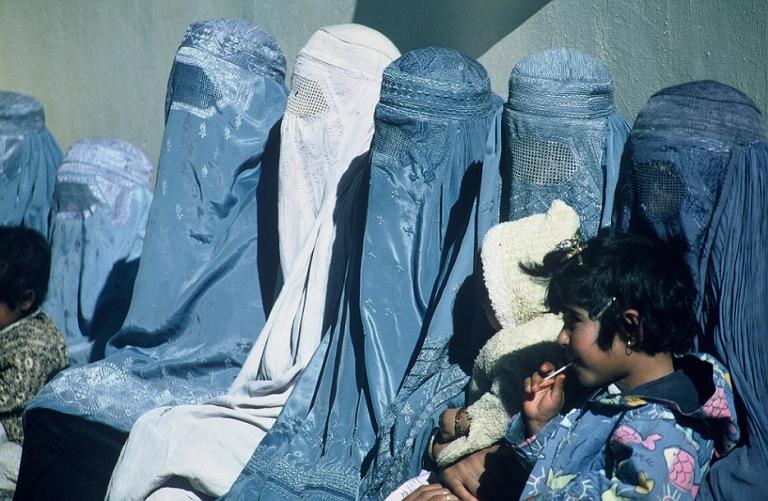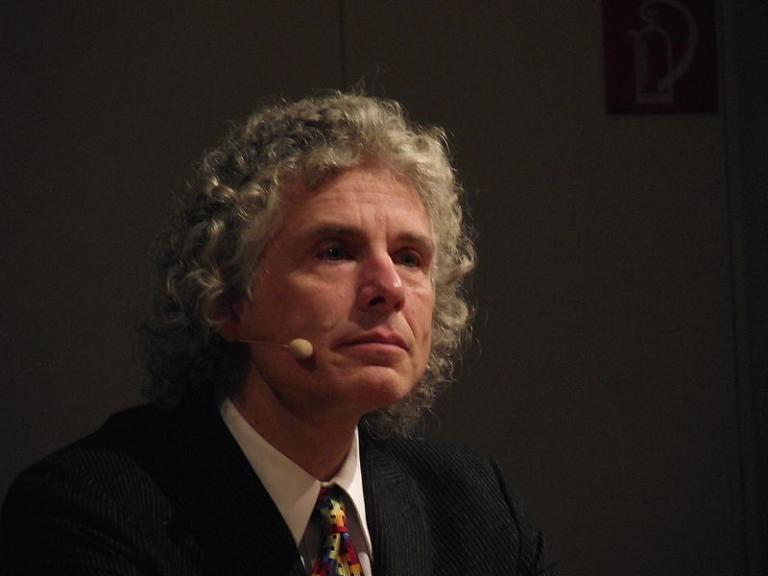 Denmark is set to ban the Islamic full-face coverings, the burqa and niqab. Several other European countries already have bans in place due in part to the security risk that comes with allowing people to completely conceal their face in public. Should Denmark’s new law pass, anyone who covers their face in public would be fined 1,000 kroner. Repeat offenders could face fines of up to 10,000 kroner.
Denmark is set to ban the Islamic full-face coverings, the burqa and niqab. Several other European countries already have bans in place due in part to the security risk that comes with allowing people to completely conceal their face in public. Should Denmark’s new law pass, anyone who covers their face in public would be fined 1,000 kroner. Repeat offenders could face fines of up to 10,000 kroner.
The proposed ban is, unsurprisingly, very controversial. Some people claim that the ban is discriminatory against Muslims. Proponents, however, site both the security concerns that come with being unable to see another person’s face as well as the prevailing, if unspoken, rules of Danish culture. Justice Minister Soren Pape Poulsen said, “It is incompatible with the values of the Danish society or the respect for the community to keep the face hidden when meeting each other in the public space…With a ban, we draw a line in the sand and establish that here in Denmark we show each other trust and respect by meeting each other face to face.”
The ban is led by the Danish People’s Party, and the minority ruling coalition government depends on this party to push the legislation through. The ban would only apply to the niqab which covers the whole face with only a small slit for a woman’s eyes, and the burqa which covers the whole face and conceals the eyes behind a mesh screen. The hijab, amira, shayla and other Islamic headgear will continue to be allowed so long as the face can be seen.
Similar bans to the one proposed in Denmark already exist in several European countries. France, Belgium, the Netherlands, Bulgaria and the German state of Bavaria all have restrictions on face-concealing veils. Switzerland is also considering banning the full face covering gear in public. Nearly 100,000 Swiss people signed a petition calling for a ban. In response, the government set the matter to a public referendum.
Austria also passed a law banning full-face coverings in 2017. The Anti-Face-Veiling Act prohibits face coverings in all public places and buildings such as courts, schools and public transportation. The ban will apply to balaclavas, Islamic veils and surgical masks. Under this law, police can issue fines on the spot to men and women whose faces are “hidden or concealed by clothes or other objects in such a way that they are no longer recognizable….You must uncover your face on the spot when asked to….If ultimately you continue engaging in the offence by refusing to uncover the face…or your identity is impossible to determine, you might have to accompany the police agent to the police station.”
The bill that would ban burqas and niqabs is currently set to be voted on in the spring. It is expected that the legislation will pass.


